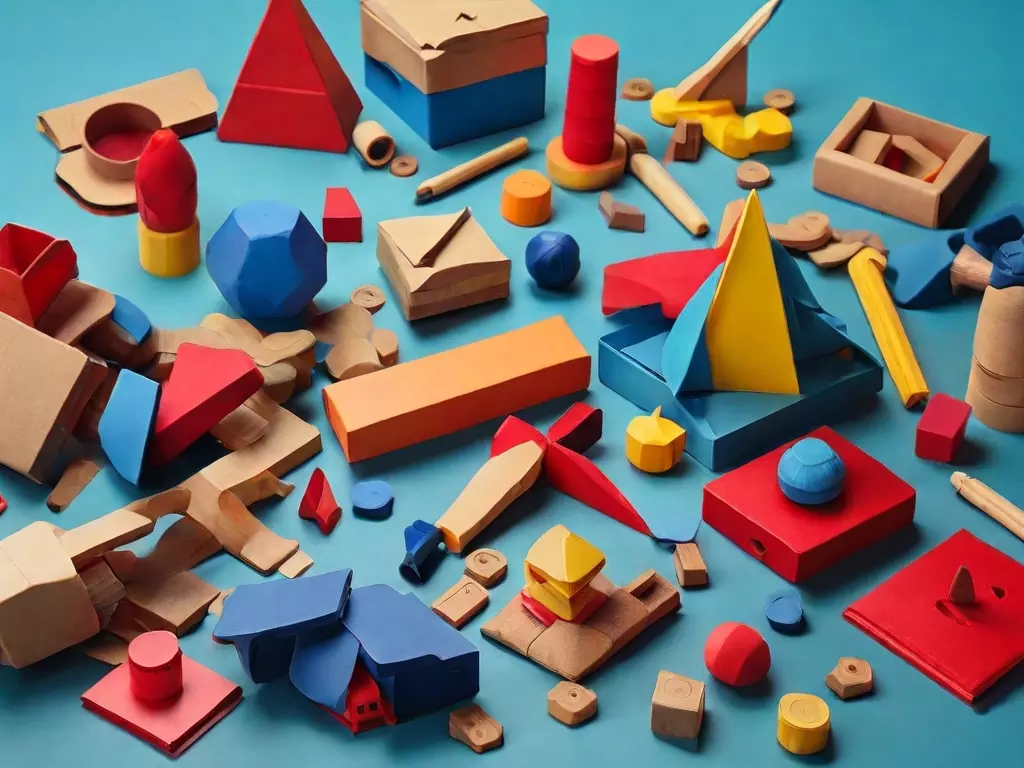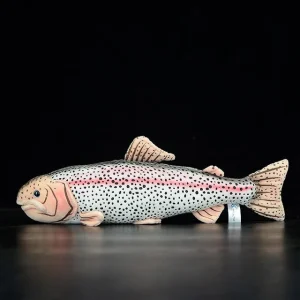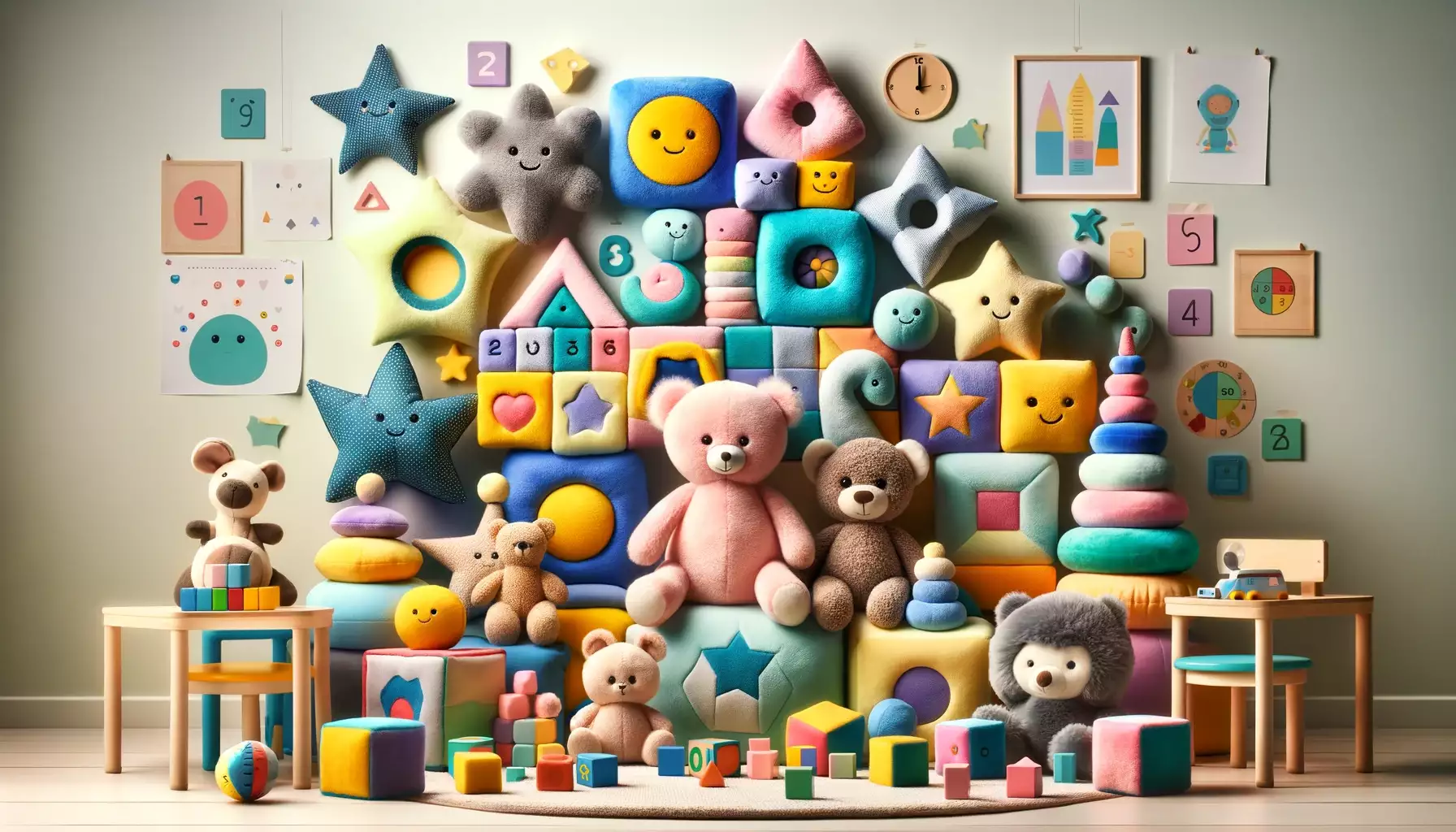Have you ever considered how the shapes of your baby’s plush toys could influence their learning and development? What is the intriguing area of study that has garnered increasing attention from researchers and child development experts? How can these shapes shape a baby’s early learning experiences and set the stage for future development?
The shapes of plush toys hold a unique sway over your baby’s attention and play a pivotal role in their cognitive, sensory, and motor skills development.
This study area has attracted growing interest from researchers and child development experts.
As you observe your little one engaging with their plush toys, it’s worth delving into how these shapes profoundly impact their early learning experiences, setting the stage for their future development.
Key Takeaways
- Sensory Stimulation: Diverse plush toy shapes foster varied sensory experiences, promoting comprehensive sensory development in babies.
- Cognitive Exploration: Varied plush toy shapes provide opportunities for cognitive development, enhancing babies’ cognitive abilities.
- Motor Skill Enhancement: Interacting with different plush toy shapes supports the refinement of both babies’ fine and gross motor skills.
Providing comfort, security, and exploration opportunities through plush toy shapes significantly enhances babies’ emotional, cognitive, and physical development.
- Comfort and Security: Plush toy shapes provide babies with comfort and a sense of security.
- Facilitated Exploration: Diverse plush toy shapes facilitate exploration by facilitating emotional, cognitive, and physical development.
When selecting plush toys for babies, it is crucial to consider shapes that best support their learning and growth, encompassing sensory, cognitive, and motor skill development, while providing comfort, security, and exploration opportunities.
Impact of Plush Toy Shapes on Sensory Development
The shapes of plush toys significantly impact the sensory development of babies and young children, influencing their tactile, visual, and spatial perception abilities.
Soft toys for babies not only offer comfort but also stimulate exploration of their surroundings, supporting the development of a sense of security through diverse textures, colors, and shapes.
Interacting with plush toys promotes the development of physical skills such as fine and gross motor skills, which are vital for overall physical development.
Furthermore, plush toys play a pivotal role in enhancing communication skills, serving as a medium for children to express themselves and engage in imaginative play.
Ultimately, the interaction with plush toy shapes fosters learning and growth, offering numerous opportunities for children to develop their cognitive, physical, and emotional abilities.
Cognitive Stimulation Through Toy Shapes

- Plush toy shapes significantly impact sensory development, fostering cognitive stimulation, and supporting learning and growth through playful exploration of shapes, colors, and textures.
- These soft toys are valuable tools for cognitive stimulation in children, aiding in the development of problem-solving skills, spatial awareness, and understanding cause and effect through engagement with diverse shapes, colors, and textures.
- Furthermore, plush toys play a vital role in providing comfort and security, essential for emotional development, enabling children to express and process their emotions, thereby supporting their social and emotional growth.
- The tactile experience of interacting with plush toys stimulates the senses, contributing to overall cognitive development.
- Integrating a variety of plush toy shapes into children’s play positively impacts their cognitive, social, and emotional development.
Motor Skill Development and Toy Shapes
Interacting with a variety of plush toy shapes is essential for developing babies’ motor skills and understanding of textures and spatial relationships. Soft toys play a crucial role in a child’s initial experiences with touch and feel, promoting the honing of gross motor skills through grasping, reaching, and manipulating the toys.
Handling and exploring diverse plush toy shapes also supports the development of fine motor skills.
Additionally, plush toys can provide emotional comfort and security, contributing to holistic growth and learning.
Introducing a range of plush toy shapes encourages pretend play, which is vital for cognitive and motor skill development.
Shape Influence on Language Acquisition
Impact of Toy Shapes on Language Acquisition and Child Development
- Rounded Shape: Encourages nurturing and soothing talk, fostering cognitive and emotional growth in children.
- Animal-shaped Toys: Sparks creativity and imaginative storytelling, enhancing empathy and compassion in children.
- Geometric Shapes: Promotes descriptive language use and fosters fine motor skills development in children.
The selection of plush toy shapes significantly influences language acquisition, as well as a child’s social, emotional, and fine motor skill development.
Exploring Creativity Through Toy Shapes

- Catalysts for Imaginative Play: Toy shapes serve as catalysts for imaginative play and cognitive development in young children, fostering creativity and critical thinking.
- Diverse Options for Creativity: Soft toys, with a variety of shapes and sizes, lay the groundwork for fostering creativity and problem-solving skills in children.
- Imaginative Scenarios and Stories: Playing with plush toys not only provides cuddly companions but also helps children create imaginative scenarios and stories, enhancing their creativity and cognitive abilities.
- Comfort and Security: Plush toys offer a sense of comfort and security, encouraging children to express themselves freely and develop empathy.
- Sparking Creativity and Emotional Development: By incorporating plush toys, parents provide tools for sparking creativity, empathy, and emotional development in children.
Useful Links:
Conclusion
The impact of plush toy shapes on a baby’s learning and development is substantial, influencing sensory, cognitive, and motor skill development.
- Sensory Stimulation: Different plush toy shapes provide diverse sensory experiences, fostering sensory development in babies.
- Cognitive Development: Varied plush toy shapes offer opportunities for cognitive exploration, aiding in the development of cognitive abilities in babies.
- Motor Skill Development: Interacting with plush toys of different shapes supports the development of fine and gross motor skills in babies.
The emotional, cognitive, and physical development of babies can be enhanced through the provision of comfort, security, and exploration opportunities offered by plush toy shapes.
- Comfort and Security: The shapes of plush toys contribute to providing comfort and a sense of security for babies.
- Exploration Opportunities: Diverse plush toy shapes facilitate exploration, supporting emotional, cognitive, and physical development in babies.
When selecting plush toys for babies, it’s essential to consider the shapes that best support their learning and growth, encompassing sensory, cognitive, and motor skill development, while providing comfort, security, and exploration opportunities.
Frequently Asked Questions
How Do Plushies Help Child Development?
Plush toys offer a wide range of developmental benefits for children, including sensory stimulation, emotional comfort, and cognitive advancement. They foster language acquisition and fine motor skills, encourage creative play and problem-solving abilities, and promote social interaction and attachment bonding, enhancing spatial awareness and supporting holistic child development.
How Do Toys Affect a Baby’s Development?
Toys influence a baby’s development by enriching cognitive abilities, stimulating sensory perception, and enhancing motor skills. They nurture emotional connections, facilitate language acquisition, foster problem-solving skills, and promote creativity and self-soothing, creating a holistic developmental environment for the baby.
What Are the Benefits of Plush Toys?
Plush toys provide sensory stimulation, aid in cognitive development, and offer emotional comfort for babies. They act as comfort objects and educational aids, fostering attachment and enhancing problem-solving skills. Plush toys also promote social interaction as babies engage with others through their toys.
Why Are Soft Toys Important for Babies?
Soft toys are vital for babies’ development, offering sensory stimulation and emotional comfort while fostering cognitive growth. They enhance motor skills, promote attachment bonding, encourage social interaction, aid in language acquisition, stimulate creative imagination, and serve as a security blanket for self-soothing.





